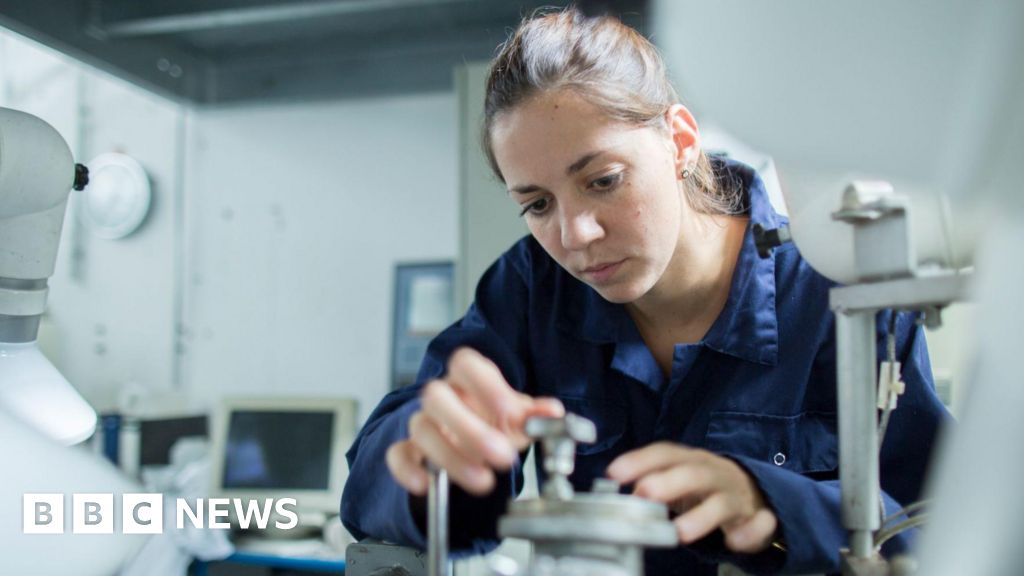The government has said young people must take up offers of a job or training, or lose their benefits, but it has not spelled out how such sanctions will work or when they will come into force.
The government has pledged to increase the employment rate to 80% from its current level of around 75%, which would mean around two million more people in work.
Sir Keir said: “From the broken NHS, flatlining economy, and the millions of people left unemployed and trapped in an inactivity spiral – this government inherited a country that simply isn’t working.”
The “Get Britain Working” plan includes a £240m investment to overhaul the current network of job centres across Britain “to make them fit for the modern age”, and more funding for mental health services.
“We’re giving young people the skills and opportunities they need to prepare them for the jobs of the future,” Sir Keir said.
The prime minister added the government’s reforms would “put an end to the culture of blaming and shaming people who for too long haven’t been getting the support they need to get back to work”.
On Tuesday, Work and Pensions Secretary Liz Kendall will announce funds to provide extra capacity to cut waiting lists at the 20 NHS trusts with the highest levels of economic inactivity, in a bid to get more people currently off sick back to work.
She will also announce plans to expand mental health support and efforts to tackle obesity.
In other measures to be unveiled:
-
Job centres will be rebranded as the National Jobs and Careers Service
-
Every 18 to 21-year-old in England will get access to an apprenticeship, training or education opportunities or help to find a job as part of a new “Youth Guarantee” project
-
There will be independent review of what UK employers are doing to promote health and inclusive workplaces
-
The North East, South Yorkshire and West Yorkshire will get more cash to stop people falling out of work because of ill health.
The government sees its employment reforms as a key move in achieving its main goal of growing the UK economy to create more jobs and improve living standards.
But it also wants to be seen as not be seen as a “soft touch” by some on welfare payments. Getting more people into work and equipping younger people with skills, is seen as essential in boosting productivity and delivering growth.
But Helen Whately, shadow secretary of state for work and pensions, said the government has “dodged the difficult decisions on sickness benefits, which are needed to make the welfare system sustainable in the long term”.

